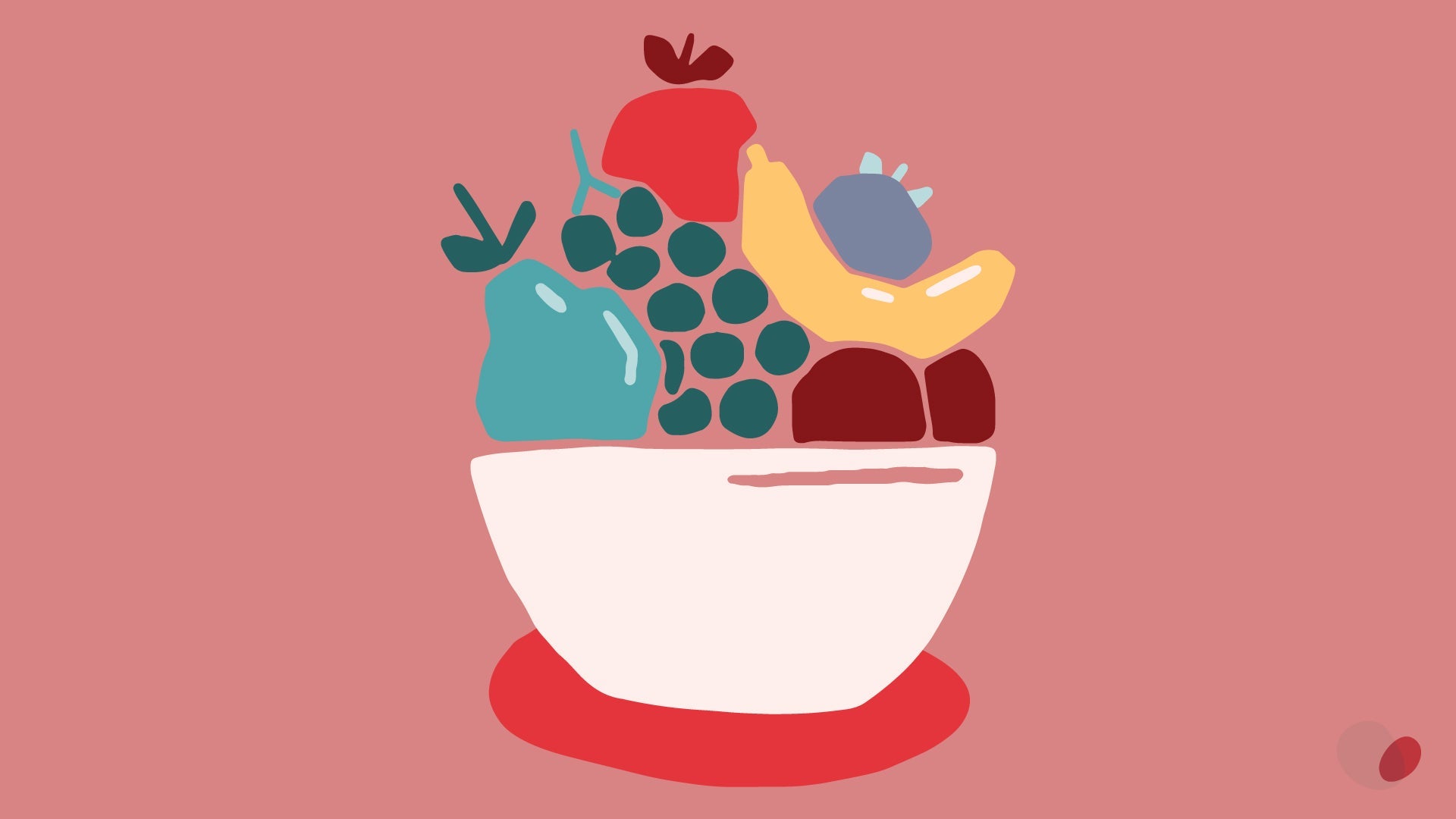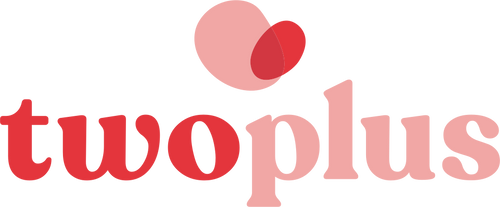10 Foods To Avoid When You’re Pregnant Or Trying To Conceive

Watching what you eat is absolutely crucial when you’re pregnant or trying to conceive. These are the 10 foods you should avoid until junior is safely in this world.
American entrepreneur and motivational speaker Jim Rohn advised people to treat their bodies like a temple, not a woodshed. Part of this philosophy entails being mindful of what you eat, which makes sense. There’s a good reason why ‘junk food’ bears this name. Consuming too much of it (as with everything else) will wreak havoc on your body, no matter how active or fit you are.
For women who are pregnant or trying to conceive (TTC), you will need to be extra careful about what you eat. On one hand, there are foods that either boost your fertility or help with the foetus' growth. Your primary care physician or gynaecologist will recommend these in a heartbeat, encouraging you to boost your consumption.
On the other hand, there are foods that you must avoid until your child is born. These foods and beverages have the reverse effect, either lowering your fertility levels or harming the foetus’ growth. Needless to say, they are complete no-nos along with activities and procedures that are deemed as harmful.
Check out the 10 food items that you should absolutely avoid while you’re pregnant or trying to conceive below.
1. Alcohol
This one’s a no brainer.
Researchers haven’t determined a safe amount of alcohol to consume while you’re pregnant, but there's no reason to pop the champagne [1]. Alcohol consumption at each trimester affects the foetus’ development in different ways. You’re not out of the woods in the third trimester either, with preterm delivery and a low birth weight being real possibilities [2].
Then there’s the risk of Foetal Alcohol Syndrome (FAS), which an infant suffers from when their mother drinks heavily while pregnant [3]. This is an entirely preventable disorder and all you need to do is cut alcohol out of your diet.
To resist the temptation, you (and perhaps your partner) will want to start building this no-alcohol habit the moment you make the decision to try for a baby.
2. High-mercury fish
The mercury levels in fish are generally not a concern for most adults, and we usually pay no mind to it when ordering our meals. However, if you are pregnant, high-mercury fish is a big no-no as excessive mercury in a mother’s bloodstream affects the foetus’ developing brain and nervous system [4].
These include king mackerel, marlin, sharks, and swordfish. On the bright side, fish like salmon, cod, tilapia, and sardines are deemed as excellent choices for pregnant ladies. High-mercury fish is safe to consume for women who are trying to conceive, but it’s another food item that you would want to start avoiding altogether just to be safe [5].
3. Raw meat, fish, and seafood
If you’re a fan of sashimi, steak tartare, or freshly shucked oysters, you’ll need to curb your cravings for a little while. When you consume these foods, there’s the risk of toxoplasmosis, contamination with coliform bacteria, and salmonella [6]. For pregnant women, these are as scary as they sound, increasing the risk of miscarriage or stillbirth [7].
Women who are trying to conceive will be glad to know that they still have the green light to consume raw meat, fish, and seafood wherever and whenever. This is because toxoplasmosis is often harmless and symptomless for non-pregnant individuals, so you won’t need to give these foods up just yet [8].
4. Unwashed fruits and vegetables
Washing your fruits and vegetables may be tedious after a long day, but doing this will keep your body safe and sound. The reason behind this is again, the risk of toxoplasmosis. As they’re transported from one location to another, fruits and vegetables may have been contaminated with harmful bacteria, hence the risk [9].
All you need to do would be to thoroughly rinse the fruits and vegetables under running water. Don’t worry, you won’t have to procure food-specific soaps aren’t required here. Again, non-pregnant individuals need not worry about toxoplasmosis, but washing your fruits and vegetables is still a good habit to develop.
5. Unpasteurised dairy products
The reason behind this would be the pasteurisation process, which heats food to a certain temperature to kill bacteria. As the name suggests, unpasteurised dairy products like raw milk do not undergo this process, making them unsafe for pregnant women. They may contain harmful bacteria, including e. coli, salmonella, or listeria [10].
Listeria is worrying as it may cause an infection called listeriosis, which can then lead to problems like miscarriage and stillbirth [11]. For women who are trying to conceive, unpasteurised dairy products are completely fine. So go ahead, satisfy your cravings and have your fill before the good news on your pregnancy test shows up!
6. Energy drinks
Energy drinks are often high in caffeine and sugar, giving individuals who consume them the midday (or midnight) boost that they need to get things done. Unfortunately, both ingredients aren’t great for pregnant women. For reference, the American College of Obstetricians Gynaecologists (ACOG) found that it is generally safe for pregnant women to consume less than 200mg of caffeine [12].
However, Monster Energy’s line of caffeinated drinks can contain up to 300mg of caffeine per can [13]. This raises the risk of miscarriage and the ACOG recommends a moderated caffeine intake even for women who are trying to conceive. And lest we forget the high sugar content in energy drinks, which will be covered later.
7. Raw eggs
Whether it’s chicken, duck, goose, or quail eggs, they should not be eaten raw. Additionally, foods that use raw eggs as an ingredient should be avoided. These include aioli, cookie dough, and mousse. The risk here for pregnant women would be salmonella, which can infect the foetus in rare cases [14].
This might even cause miscarriage and preterm labour, although the chances are slim [15]. In any case, being safe is better than being sorry, and you’re still allowed to have your perfectly runny poached eggs and sunny-side ups. For ladies who are trying to conceive, raw eggs are safe to consume, so there’s no need to cross this out yet.
8. Liver and liver products
Liver and liver products contain high levels of retinol, which is a form of vitamin A [16]. Liver products include pâté and liver sausage. For pregnant women, a high build-up of retinol is harmful for the foetus, possibly causing foetal retinoid syndrome [17]. Symptoms include abnormalities in the foetus’ central nervous and cardiovascular system [18].
Fortunately, women who are trying to conceive can consume liver or liver products as per normal. If you’re concerned about your vitamin A intake, simply switch to a different food source. Tomatoes, mangoes, and red bell peppers are all par for the course.
9. Saturated and hydrogenated fats
For pregnant women, it’s true that additional calories are needed to support the foetus’ growth. However, a high intake of saturated and hydrogenated (trans) fats causes issues all around. Foods high in saturated and hydrogenated fats are often fast food or snacks. As mentioned above, excessive consumption of junk food does your body and your foetus no favours [19].
For pregnant women, a higher intake of saturated fats is associated with pregnancy complications and poor birth outcomes [20]. As for hydrogenated fats, The American Journal for Clinical Nutrition linked its consumption to larger babies as they face a higher risk of heart disease and diabetes as they grow older [21].
10. Excessive sugar
Sweet treats are always tempting after a satisfying meal or when there’s coffee or tea on the table. However, an excessive intake of sugar does no good for anyone. This rings especially true for pregnant women, with too much sugar potentially affecting the baby’s brain function and weight [22, 23].
There’s the risk of contracting gestational diabetes too, which often develops around the 20-week mark and functions similarly to type 2 diabetes. To keep gestational diabetes at bay, regulate your sugar intake and getting some exercise does wonders in keeping this disease away.
Are there any ‘misunderstood’ foods?
There’s no need to refrain from caffeinated beverages, as long as you stay below the 200mg per day limit. There are days where we need a cup of coffee or tea to get going (or keep going), so it’s understandable. To be completely safe, stick with an espresso and avoid adding milk or sugar to your tea altogether.
You needn’t avoid tuna either, as long as you know which type you’re consuming. Fortunately, albacore tuna is the only one that has higher mercury levels and is often used in canned white tuna [24]. All other tuna types can be consumed freely, helping you keep your omega-3 fatty acid levels up.
And if you need to keep your B-Vitamin levels high, you might want to check out twoplus Fertility’s Folic Acid Fertility Support. Folic acid comes with a multitude of health benefits as its core function is to produce the body’s DNA and RNA. This is important for pregnant women as the foetus’ cells and tissues are rapidly dividing on a daily basis.
In closing
Women who are pregnant or trying to conceive are subject to a stricter diet, but the payoff is more than worth it. Treating your body like a temple will go a long way towards conceiving or having a safe birth. There are no two ways about it, 9 months is a long time to avoid a whole list of foods, but your patience and vigilance will pay off.
Paying attention to your diet while you’re pregnant or trying to conceive has the added benefit of spilling over to your post-pregnancy life too. The habits that you have developed will be hard to shake and are lessons that you can pass on to the rest of your family. That being said, you might want to celebrate a successful birth with some oysters or sashimi first!


